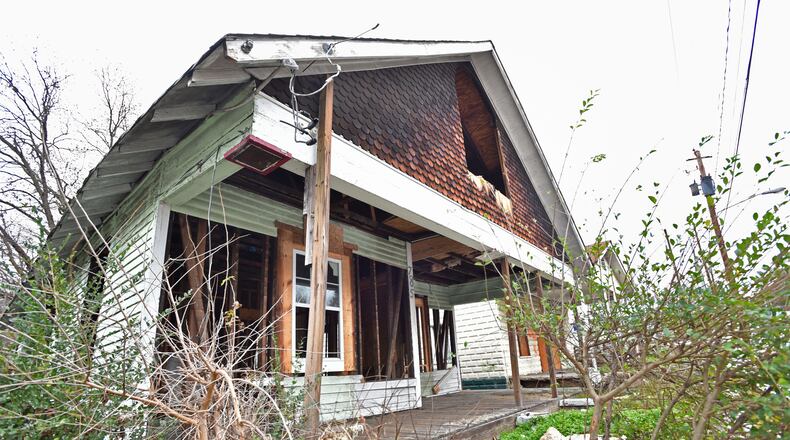Powder Springs recently adopted a new blight tax in hopes of discouraging folks from letting properties fall into disrepair.
The ordinance was approved at the Jan. 16 city council meeting in order to “eradicate conditions of slum and blight within the city,” according to the agenda item.
"Some properties have been a challenge for a bit of time," said city manager Pam Conner.
She said there are only a few residential or commercial properties that could be considered blighted in the city, which has a population near 15,000.
Read about Atlanta’s anti-blight efforts and how they struggle with absentee landlords and shell companies that consider such penalties the cost of doing business.
If a property is considered to be blighted after going through the inspection process, its millage rate will increase by seven, Conner said.
The city’s current property tax millage rate is 8.5 mills, so if your property is deemed blighted, that rate jumps to 59.5 mills and will be used in figuring your property taxes the next time you pay them.
Cobb County and the cities of Kennesaw and Austell have also OKed such ordinances that septuple the millage rates of blighted properties.
Conner said applying the tax would be a last resort and that the city will try hard to get in touch with owners.
She said this has been on the city’s to-do list for a while.
For a Powder Springs property to be considered blighted, it must go through a process, including a property inspection and a review by the city’s board of construction appeals.
Like Cobb County News Now on Facebook | Follow on Twitter
But the action can only begin at the request of either five residents or the city manager/a city employee designated by the city manager.
And where will that extra money go?
The ordinance says that it’ll be divided between the city manager and finance director’s budgets for the purpose of community redevelopment — which could be anything from repairing to demolishing unfit structures.
You can read the nitty-gritty of the ordinance below:
About the Author
Keep Reading
The Latest
Featured



